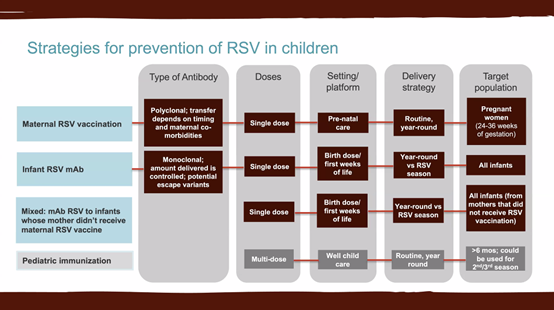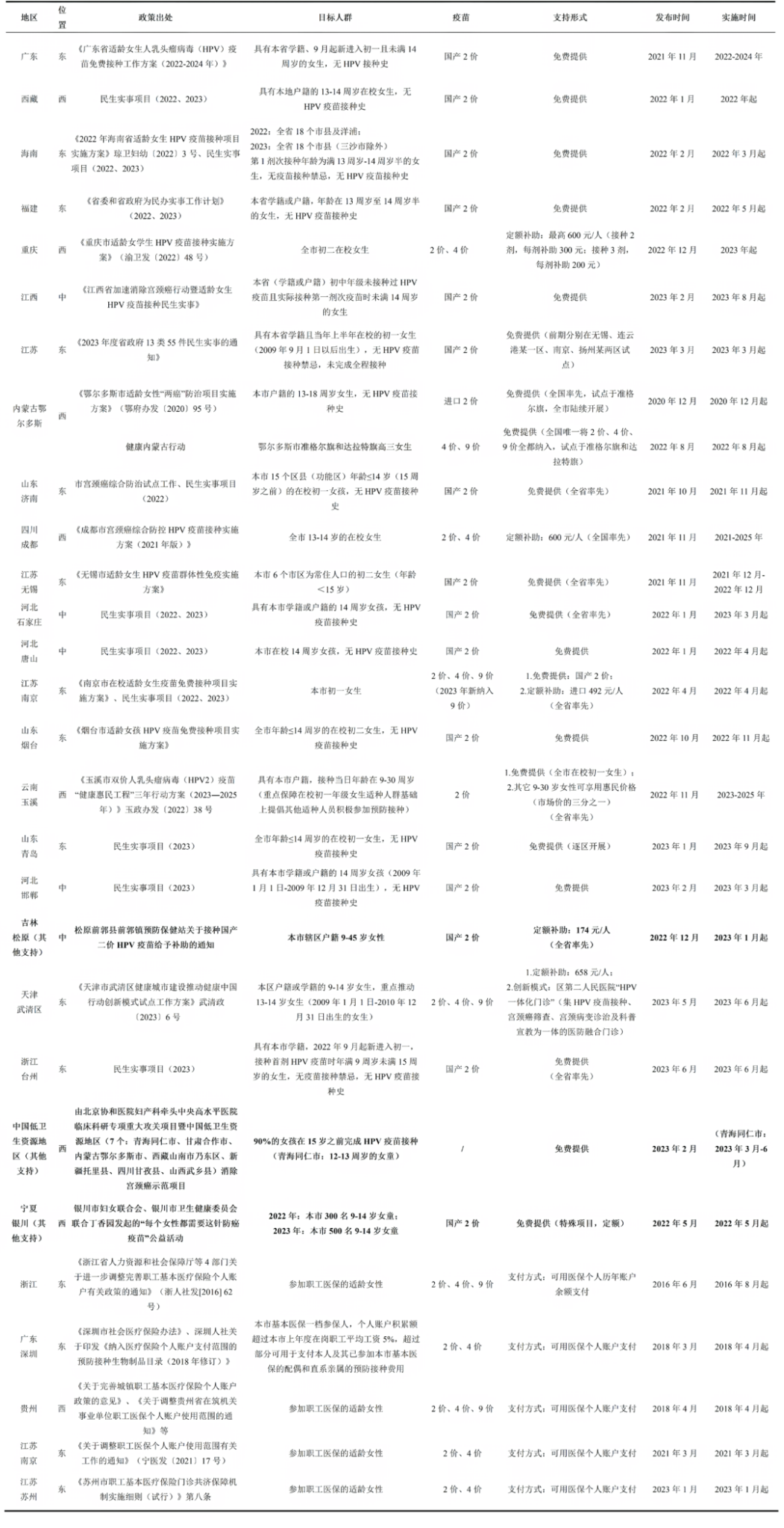Respiratory infectious diseases are primarily infectious illnesses caused by pathogens entering the human body through the nasal cavity, trachea, pharynx, bronchi, and other respiratory system components. Pathogens include bacteria, viruses, mycoplasmas, and chlamydia, mainly transmitted through air, droplets, and contact.
Respiratory infectious diseases spread rapidly, posing significant challenges to prevention and control. Severe respiratory infectious diseases such as the Spanish Flu, SARS, Middle East Respiratory Syndrome (MERS), and the widespread impact of the coronavirus have posed significant challenges to economic and social development. Consequently, the prevention and control of respiratory infectious diseases have garnered heightened attention.
Two speakers were from the Bloomberg School of Public Health, Johns Hopkins University. Dr. Maria Deloria Knoll, Director of Epidemiology at the International Vaccine Access Center (IVAC), presented a global review of PCV use in childhood immunization programs and its impact. Dr. Laura Hammitt, Associate Professor and Director of the Infectious Disease Program at the Center for Indigenous Health (CIH), shared the latest data about RSV burden and the development progress of the product portfolio for RSV prevention.

One domestic speaker, Dr. Luzhao Feng, Professor/Deputy Dean, School of Population Medicine and Public Health, Chinese Academy of Medical Sciences & Peking Union Medical College, shared his insights into the behavior and social drivers of influenza vaccination. He also provided the current international and national recommended strategies to expand the influenza vaccine coverage.





